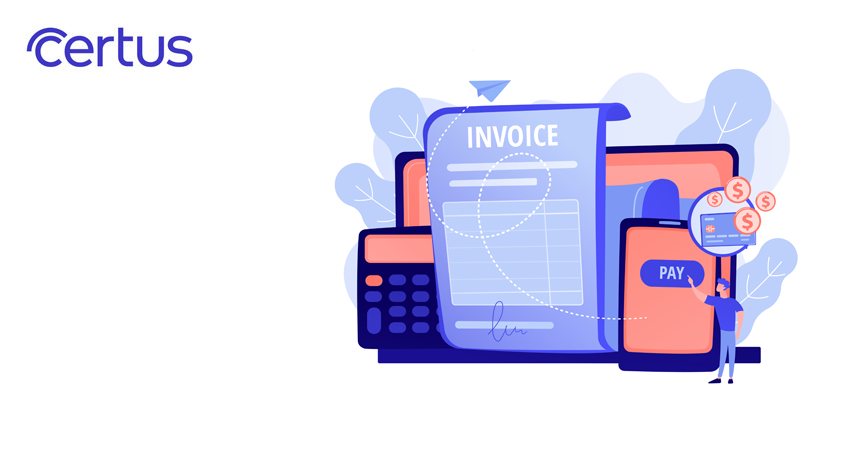
Update (December 2025): The Ministry of Finance has announced a postponement of the entry into force of VERI-FACTU. Companies subject to corporation tax will have to adapt their systems from January 2027, while the self-employed and SMEs will have until July 2027. This delay allows more time to adopt the Computerised Invoicing Systems regulated by RD 1007/2023, the technical content of which remains fully in force.
The Official State Gazette has made it clear: electronic invoicing will no longer be an option, but the norm for almost all transactions between companies and professionals in Spain. The measure, included in Act 18/2022 on the Creation and Growth of Companies, is complemented by the recent Royal Ordinance 1007/2023, which regulates Computer Billing Systems (SIF) and opens the door to VeriFactu, a digital seal that, for now, promises to raise tax transparency to an unprecedented level.
A structural change, not a simple procedure
Until now, for many businesses “invoicing digitally” was limited to sending a PDF by email. The new regulations go further: they require a structured file -in XML format- signed electronically and capable of dialogue with the Spanish Tax Agency without human intermediaries. “The target is to combat late payment and close the door to VAT fraud,” recall sources from the Ministry of Economic Affairs when presenting the reform.
The obligation will come in phases. Companies invoicing more than eight million euros will have twelve months from the publication of the final technical regulation; the rest of companies and freelancers will have twenty-four. With the countdown already underway, the question is not if, but when and how to migrate.
Calendar in perspective
| Who | Deadline for issuing an e-invoice | Standard |
| Companies > €8 M turnover | 12 months after regulation | Act 18/2022, Art. 12 |
| SMEs and freelancers | 24 months after regulation | Act 18/2022, Art. 12 |
The Tax Agency will publish a technical guide that will define the exact format -evolution of the current Facturae- and the type of messages that the billing systems must exchange.
VeriFactu: the advantage of being one step ahead
In parallel to the electronic invoice, VeriFactu is introduced. Under this distinctive, the SIF send a cryptographic summary of each invoice to the AEAT as soon as it is issued and seal the document with a QR code visible in the graphic representation. The result is twofold: the company accredits the integrity of its data and the Treasury has almost real-time information.
At the moment, VeriFactu is voluntarily implemented. However, the Administration describes it as “the simplest way to prove good compliance” and does not rule out making it mandatory later. Those who adopt the system will avoid a good part of the verification requirements and will simplify the custody of documents, because the records will be replicated on the servers of the AEAT.
What your software needs to meet
The minimum requirements are set out in Royal Ordinance 1007/2023 and are summarised in three ideas:
- Immutability: the information must be recorded in a register that prevents any erasure or alteration without leaving a trace.
- Advanced electronic signature: each invoice is linked to the issuer by means of a qualified certificate recognised in Spain.
- Complete traceability: the system preserves the sequence of operations (issuance, modification, cancellation) and allows data to be exported in a standard format for inspections.
In VeriFactu mode, automatic sending to the AEAT and an official time stamp that reinforces the evidentiary validity are added.
Practical steps for companies
The technology sector agrees: waiting until the last minute makes migration more expensive. The first thing is to audit the billing circuit – points of sale, ERP, online store solutions – and check if the software provider has a version adapted to Royal Ordinance 1007/2023. Next, it is convenient to plan pilot tests in parallel to the old system and train the administrative staff on the new signature and filing mechanics.
The companies obliged to the Immediate Supply of Information have part of the way ahead, since they have been sending telematic VAT books for years. For the self-employed and micro-SMEs, the Tax Agency will launch a free basic use tool before the obligation arrives; even so, experts recommend evaluating commercial solutions that integrate accounting and avoid duplication.
Questions that come to the consultancies
Is a PDF still valid?
Not as an exclusive format. The PDF may accompany the XML, but the tax document is the structured file.
Do I need an electronic certificate?
Yes. The advanced or qualified signature is mandatory and must be issued by a recognized provider.
What if the Internet connection goes down?
The system retains the data and sends it as soon as the connection returns, maintaining the original date and time.
How do you correct an erroneous invoice?
By means of an amending invoice that refers to the document issued. The process is identical with and without VeriFactu.
Do operations with the Canary Islands, Ceuta or Melilla follow another channel?
The technical scheme is the same; the tax fields, (IGIC or IPSI) that the national format already contemplates, change.
What’s to come
The Ministry of Finance is already working with Brussels on the ViDA (VAT in the Digital Age) project, which seeks to harmonise electronic invoicing across the EU. Although the fine print has not yet come out of the draft, the message is clear: digitizing the invoice today is anticipating a European obligation tomorrow.
With the electronic invoice and VeriFactu, Spain aligns with the trend that Italy or Portugal have successfully implemented: more traceability for the Tax Agency and less paperwork for companies that know how to adapt in time. The clock has started ticking.



